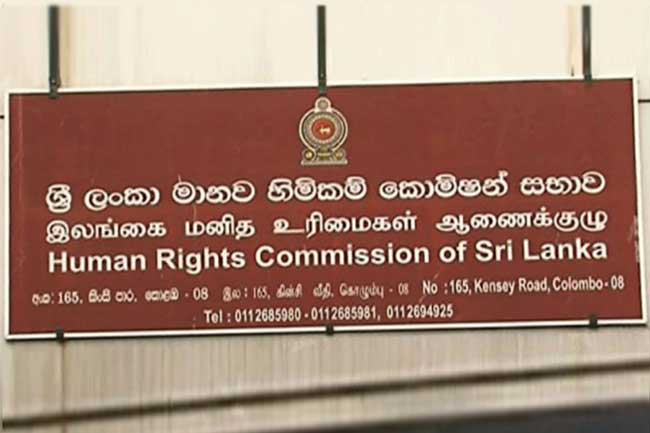A Storm Brews Over Sri Lanka’s Online Safety Act: A Potential Violation of the Constitution?
The enactment of the Online Safety Act (OSA) in Sri Lanka has ignited a firestorm of controversy, casting doubt on its legitimacy and raising concerns about potential violations of the Constitution.
The Spark: A Commission’s Objection
The Human Rights Commission (HRC) threw a wrench into the government’s plans by declaring the OSA inconsistent with the Supreme Court’s (SC) recommendations. This starkly contradicts Speaker Mahinda Yapa Abeywardena’s earlier claim of legal soundness, raising serious questions about the Act’s compliance with the Constitution.
The four-page letter has been signed by Justice L.T.B. Dehideniya, who received the appointment in late June last year.

Fuelling the Flames: Discrepancies and Constitutional Concerns
The HRC identified specific sections (13, 16, 19, 20, and 27) where the OSA deviates from the SC’s mandated amendments. This non-compliance potentially violates Articles 120 and 123 of the Constitution, demanding a 2/3 majority for passage instead of the achieved simple majority. Legal experts cite past precedents suggesting a flawed process could invalidate the Act, regardless of the Speaker’s certification.
Opposition Takes Aim: Seeking Accountability and Justice
Prof. G. L. Peiris, a prominent opposition figure, demands accountability from the Speaker and calls for legal action to nullify the OSA. He emphasizes the urgency of addressing the Act’s unconstitutional enactment and its potential misuse against free media, citing the recent first arrest under its provisions.
The Looming Battle: Legal Challenges and Uncertainties
The opposition intends to launch “suitable legal challenges” to challenge the Act’s validity. The outcome of these challenges and the government’s response remain uncertain, potentially impacting the future of online speech and free expression in Sri Lanka.
Beyond the Headlines: Broader Implications
The OSA controversy underscores the critical importance of upholding constitutional and legal processes in lawmaking. It highlights the delicate balance between national security concerns, online safety, and fundamental rights in the digital age. As the battle unfolds, Sri Lanka finds itself at a crossroads, with the potential ramifications reaching far beyond the confines of online regulation.
Note: This essay presents a neutral perspective on the controversy, highlighting the key arguments and concerns from both sides. You can find more in-depth information and alternative viewpoints by reviewing articles representing different stakeholders involved in the issue.







